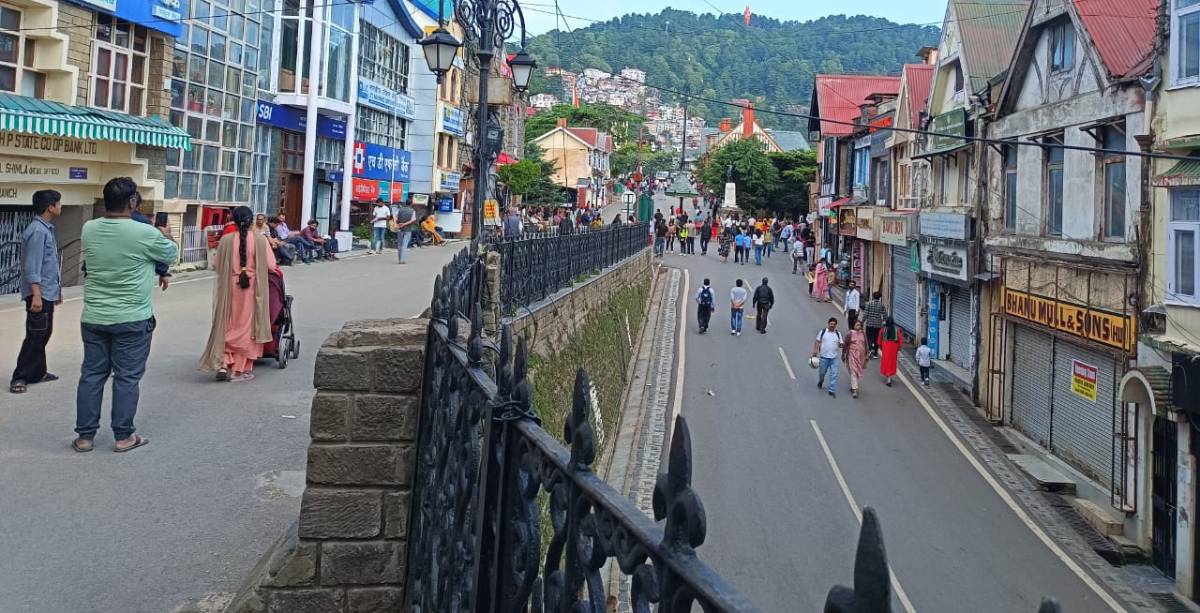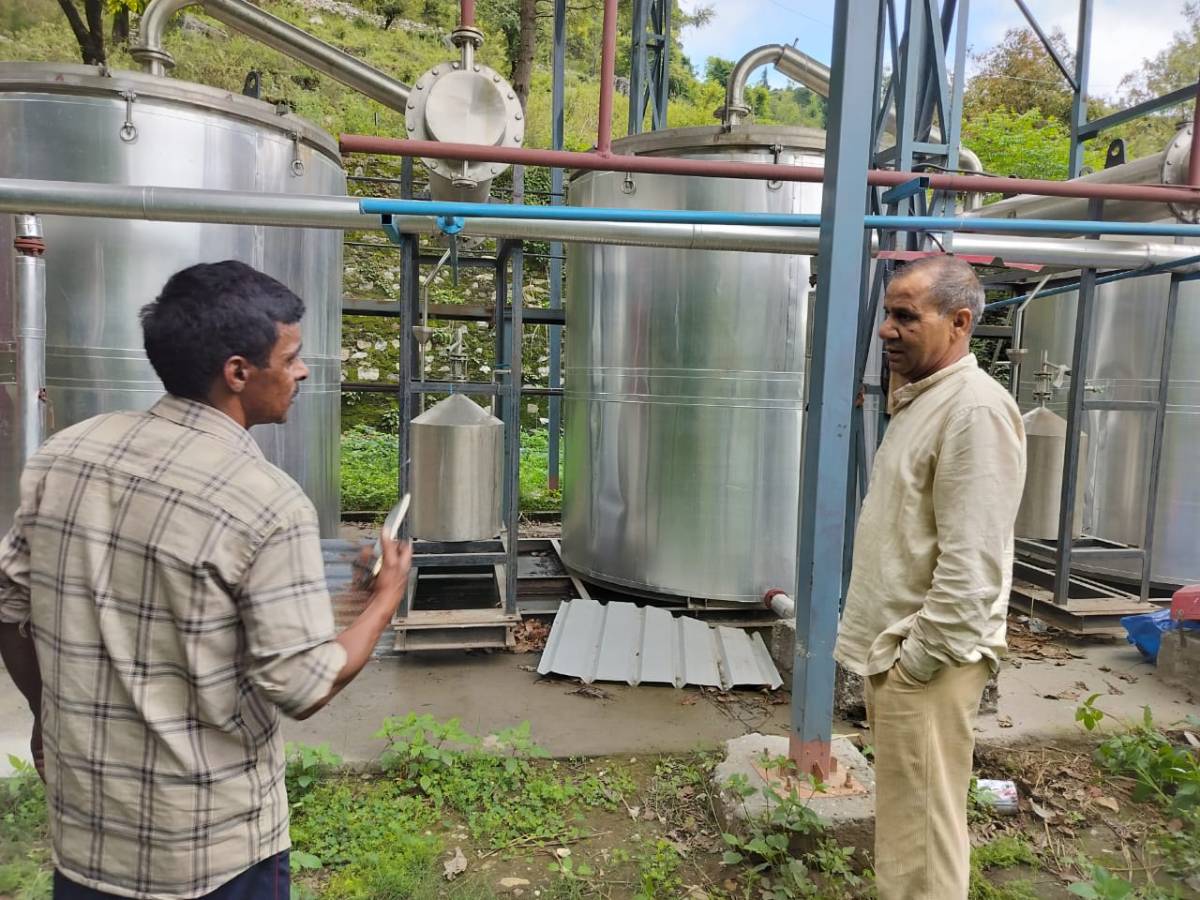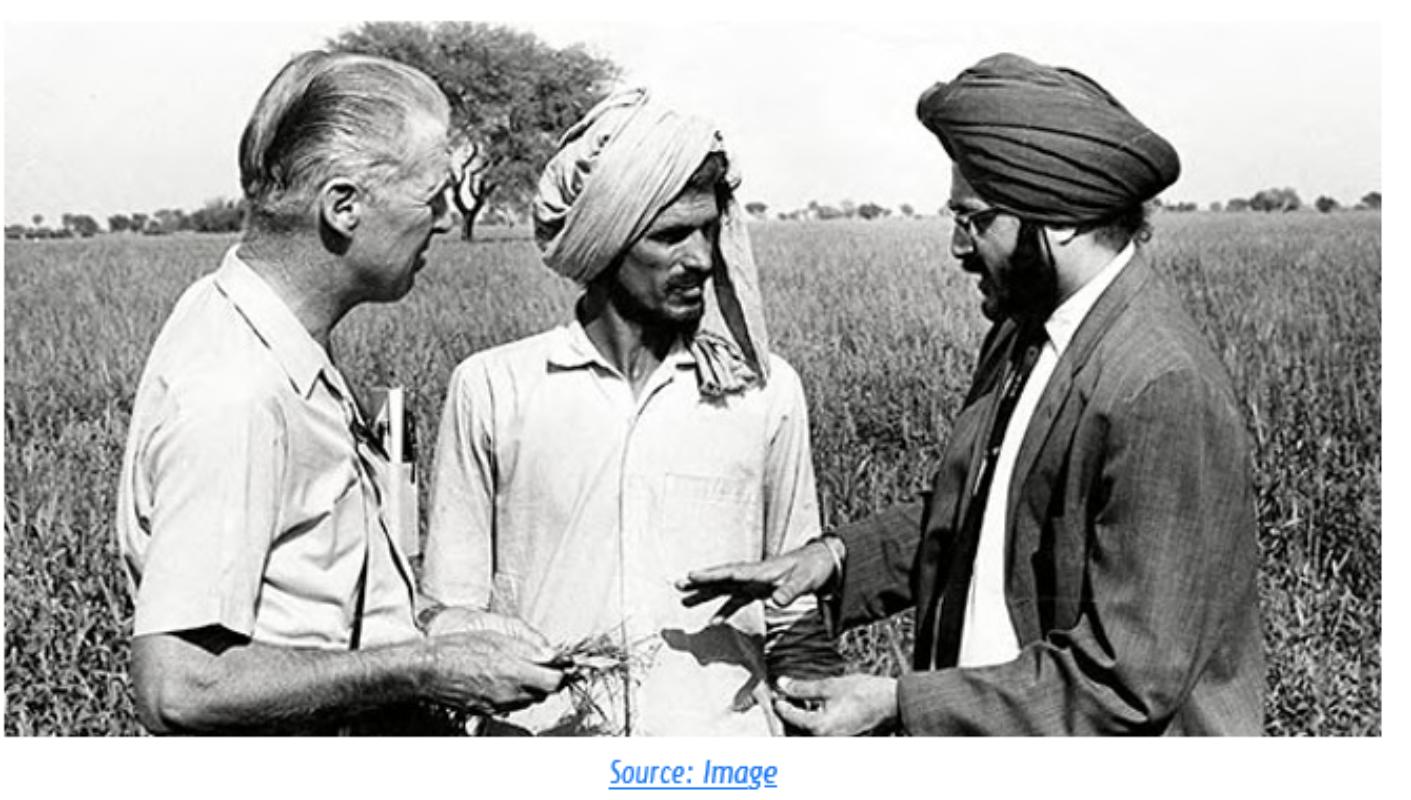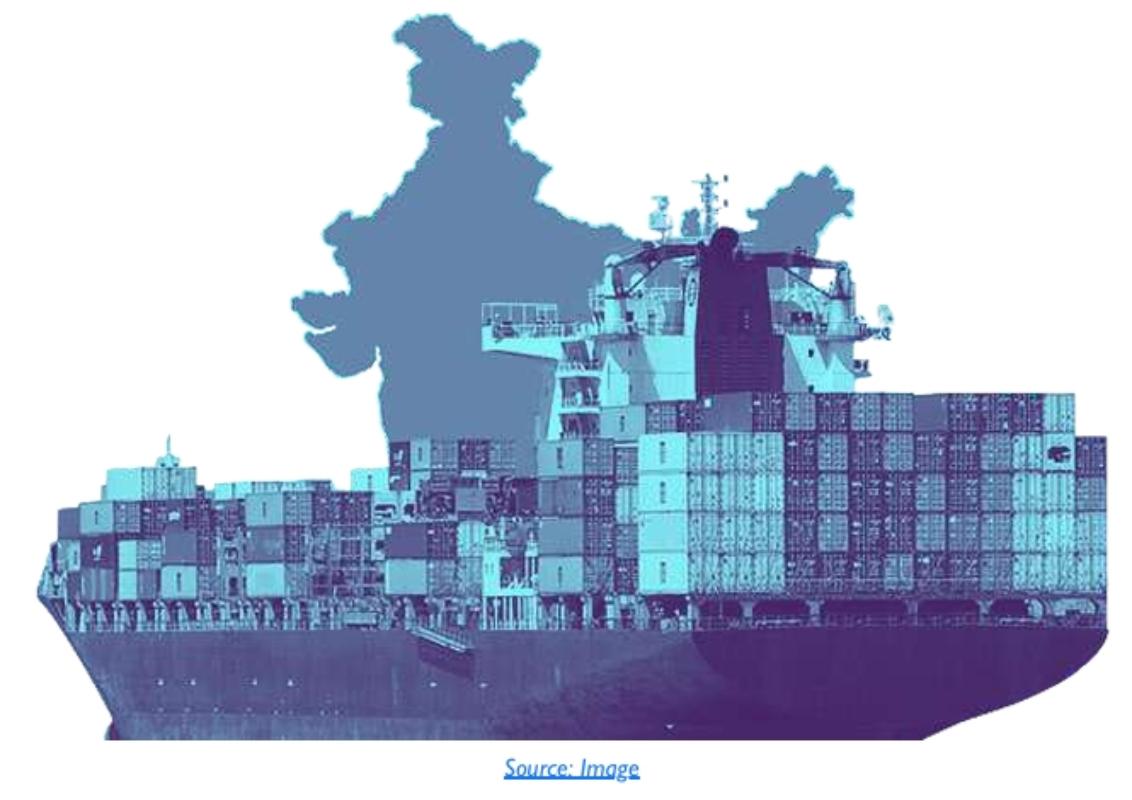One of the sectors badly impacted by the COVID-19 Pandemic and the resulting lockdown was the Micro, Small and Medium Enterprises sector. There were 6.34 crore unincorporated non-agricultural enterprises in India in 2016, as estimated by the National Sample Survey 73rd Round in the Jul 2015-Jun 2016 period. A vast majority, 84.2% were “own account enterprises” (OAEs), that is, units run entirely by the proprietor and his/her family members, with no hired worker. Still, the employment in the sector, including the owner-workers was 11.13 crore workers, which was only second to employment in the agricultural sector. The upper end of the MSMEs, though only 11.4% in number, accounted for about 40% of the employment.
To understand the issues being faced by MSMEs, a telephonic survey was undertaken by the RGICS. The sample was selected from the upper end of the MSMEs, who had received loans from the banks under an MP Government scheme. Of the total 421 respondents (75% male), about 36% were from manufacturing and the rest were service enterprises. About 43 % were below Rs 15 lakh per annum turnover, and 58% had less than ten workers. Only 27% had a UAM number, and only 50% were members of an MSME association.
About 71 % of the respondents felt that their business has been/would be adversely impacted by COVID-19 related lockdown to the extent of 90% of the earlier prevailing levels. Only 4% of the respondents also stated that their business has improved during the lockdown. Yet, there seems to be an optimism for the future with 80% of the respondents expecting their business to swing back to the original level within a year. As many as 56% of the respondents did not expect to retrench any workers while a little less than a quarter of the respondents felt that they would have to retrench more than half of their existing workers.
The major constraint in re-staring their business was lack of demand or opportunity, as cited by 28 % of the respondents. Lack of adequate capital was cited by 22 % of the respondents. This was more pronounced in the Manufacturing as compared to the Services sector.
In light of the moratorium given by RBI, more than half of the respondents had sought a re-scheduling of their loans. The most critical support expected by the respondents from the banks was to get the waiver in the payment of interest on their outstanding loan installments. Interestingly only 6 % expressed the need for a loan waiver, even partially. The main demand was to waive/defer their electricity bills and lease rent charges. This demand was relatively more in the case of the Manufacturing sector. The respondents also wanted cash or kind support to be given to their workers to meet various contingency requirements.
The GoI’s package giving a Rs 3 lakh crore guarantee for additional working capital loans to existing borrower MSMEs had not reached many, with 27% of the respondents not being even aware of the package at all. Over half i.e., 53% of the respondents felt that the package announced by the GoI will not benefit their enterprises. This was despite the fact that 90 % of the respondents had loans (because we chose the sample from the MYUY scheme) and were eligible for the additional working capital loan.
It is remarkable that while 70% of the entrepreneurs said their business is down by 90%, about 80% felt they will revive within a year, 56% planned no retrenchment of workers, and only 6% wanted a loan waiver. This shows the indomitable spirit of the Indian MSME entrepreneur.








